Pat Heywood. TCM Overview.
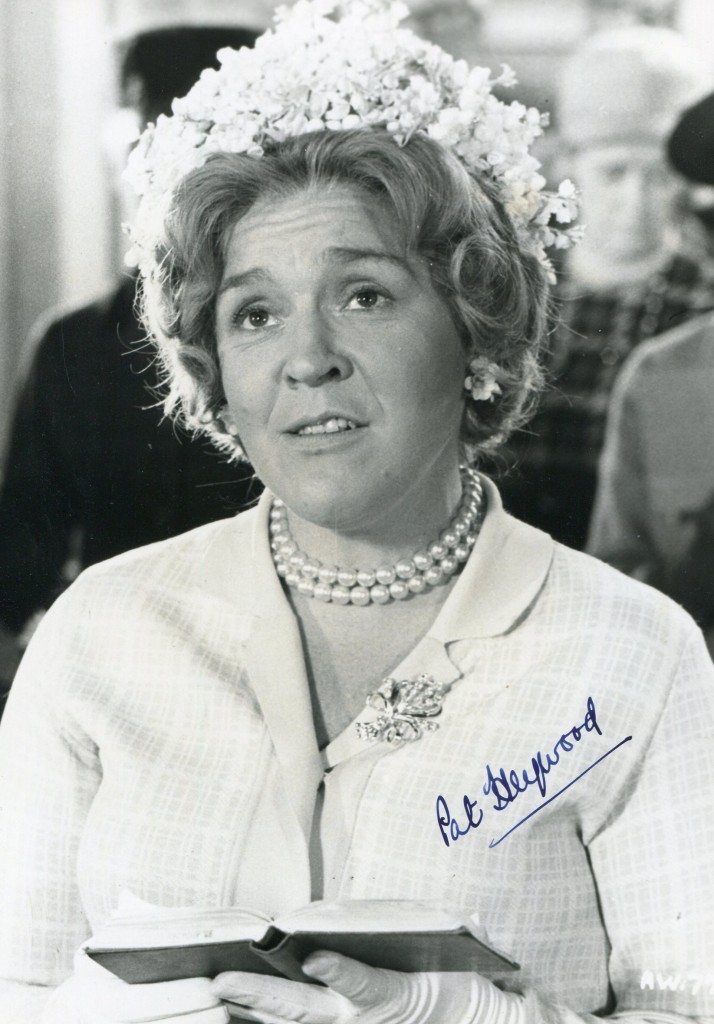

Pat Heywood is one of my favourite character actresses. I saw her on stage in the Royal Court Theatre in London in Mary O’Malley’s “Once A Catholic” and was bowled over by her sense of comic timing and her unique voice. She had made her film debut as the Nurse in Franco Zefferelli “Romeo and Juliet” in 1967. For the next twentyfive years she was a decided asset to many films and television series. She was especially good in an Inspector Morse story “Second Time Around”. Her last known credit was in 1993 in Zefferelli’s “Sparrow”. Since then she seems to have completely vanished. I would like to know where she is now and drop her a line to say how much her work was appreciated. The wikipedia article on Pat Heywood can be accessed here.
TCM Overview:


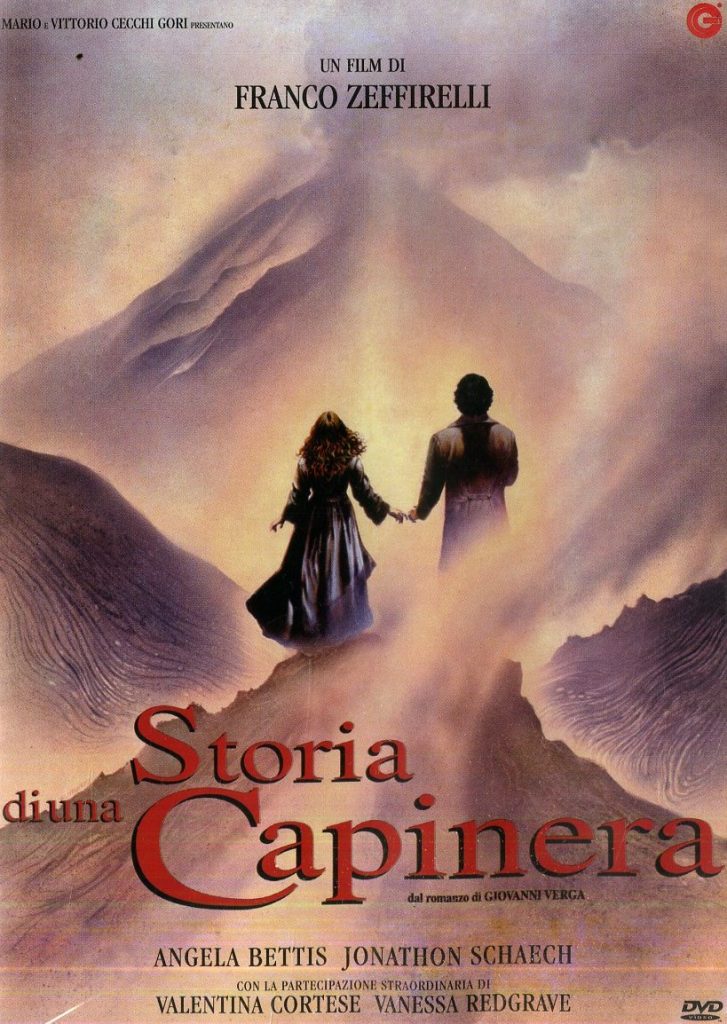
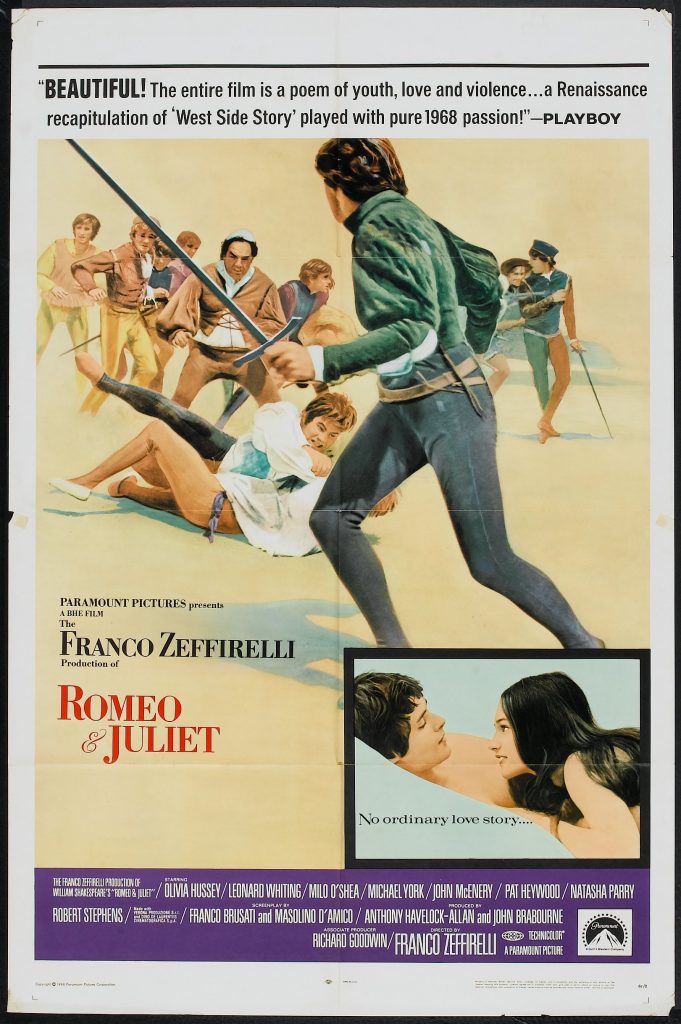
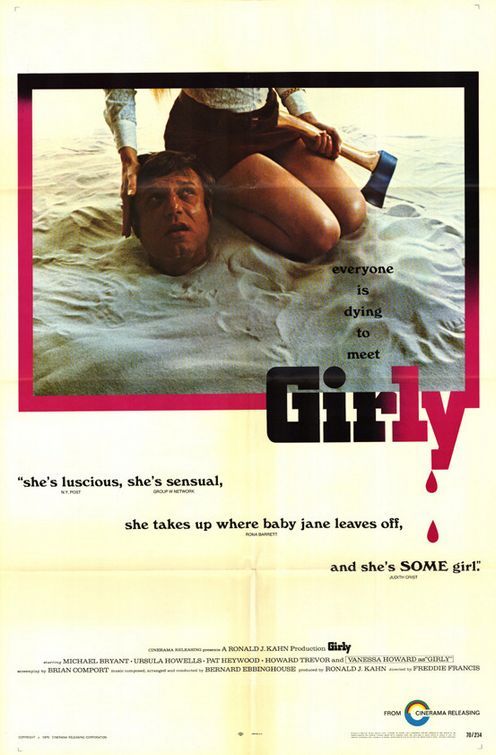

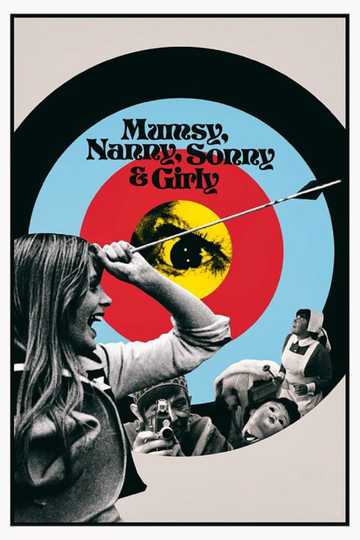
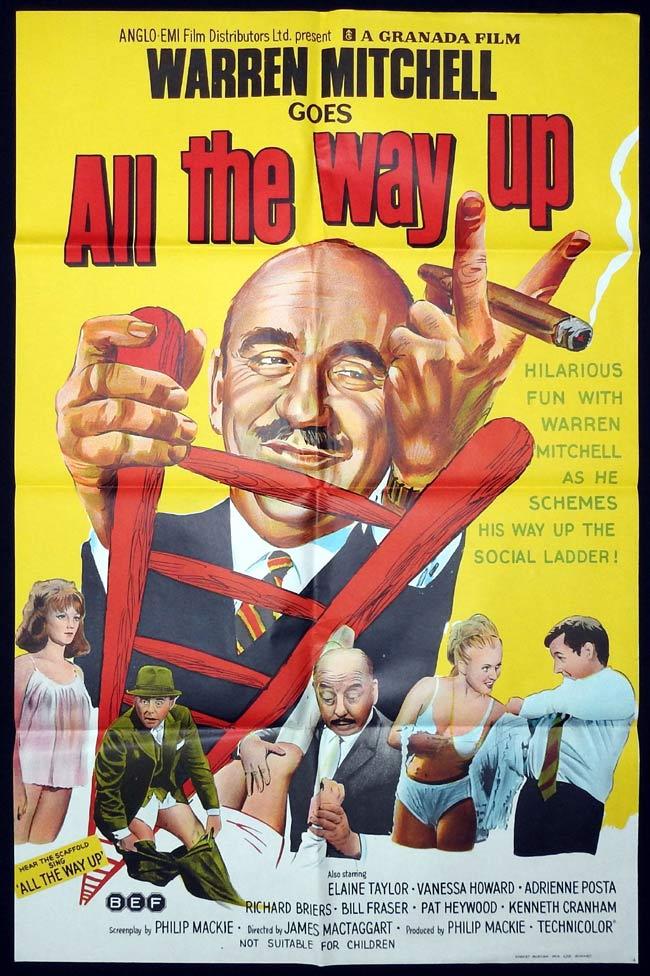

Pat Heywood rose to fame as an actress, gracing the silver screen many times over the course of her career. She was nominated for a BAFTA Award for “Romeo & Juliet” in 1968. Her work around this time also included a part on the TV movie “The Secret Garden” (CBS, 1987-88). She also contributed to a variety of television specials, including “December Flower” (PBS, 1986-87) and “Christabel” (PBS, 1988-89). She also had roles in film during these years, including roles in the biopic “Young Winston” (1972) with Simon Ward and the Emily Lloyd dramatic period piece “Wish You Were Here” (1987). Heywood focused on film in more recent years, appearing in “Il Giovane Toscanini” (1988), the Jesse Birdsall comedy “Getting It Right” (1989) and the dramatic adaptation “Sparrow” (1993) with Angela Bettis. Additionally, she appeared on the television special “Second Time Around” (PBS, 1992-93). Heywood acted in “First and Last” (1994) with Joss Ackland.
The above TCM Overview can also be accessed online here.

